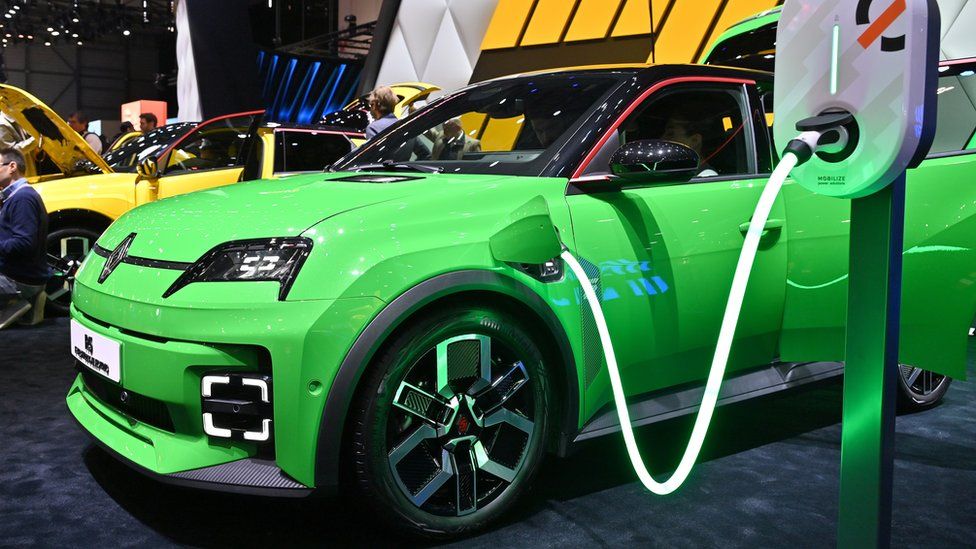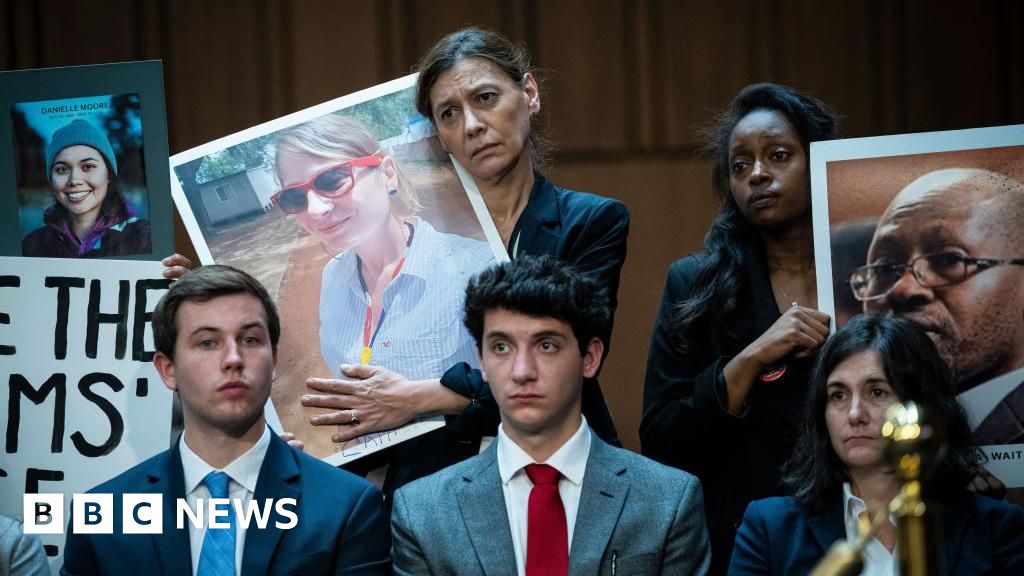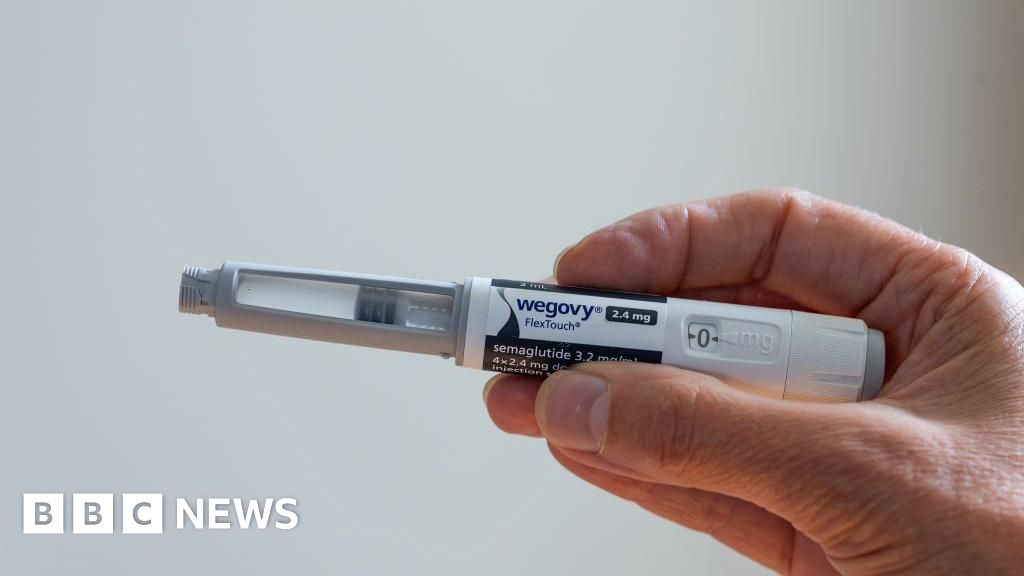ARTICLE AD BOX
 Image source, Getty Images
Image source, Getty Images
The Retro 5, Renault's latest electric model, was on display at the Geneva Motor Show
By Theo Leggett
Business correspondent, BBC News
The boss of Renault has said European manufacturers "can't surrender", despite Chinese and US brands leading the market for electric cars.
The company has just launched the new Renault 5, a futuristic EV with explicitly retro styling.
Speaking at the Geneva Motor Show, boss Luca de Meo admitted his company needed to catch up with overseas rivals.
He said he also wanted to prove that small electric cars could be popular and profitable.
The unveiling of the Renault 5 was one of the highlights of the Geneva Show, being held for the first time this year since the Covid pandemic.
The new car is a thoroughly modern electric model. Buyers will have a choice of batteries, offering 186 or 249 miles in range. The most powerful motor available produces 150hp.
But its appearance pays very obvious tribute to the original Renault 5 - a boxy but cheap runabout beloved by cost-conscious families in the 1970s and 80s.
There was a time when French roads were teeming with them. More than 5.5 million were sold. The "Cinq" became little short of a national symbol.
There was even a powerful rally-inspired turbo model to whet the appetite of teenage tearaways - though they could never have afforded the insurance.
Now, at a time when manufacturers have generally been moving away from small cars in favour of larger, more expensive and more profitable SUVs, the company wants to go back to its roots.
"I think it makes sense to give people a chance to get into this new technology at an affordable price", Mr de Meo told the BBC.
Image source, Getty Images
Image caption,Renault boss Luca de Meo said working with China on EV batteries was advantageous
But affordability is relative. Electric cars still cost more to make than their conventional counterparts, and with the notable exception of Tesla, most manufacturers still lose money on them.
That makes them expensive. The new Renault 5 will cost from £25,000-30,000, but even so Mr de Meo admitted making a profit on it would be difficult.
"I think someone has to take the challenge" he said.
"There is an opportunity with electric technology to reduce the size of the battery, especially for small cars.
"The battery is 40% of the cost. If you cut it by half… I think you can do it."
For Renault, the new car needs to be a success. 15 years ago it was seen as a pioneer of electric motoring. Its Zoe model was once the best-selling EV in Europe.
But Mr de Meo admitted the company, and European manufacturers in general, had now fallen well behind the likes of Tesla and Chinese brands such as BYD.
China, he explained, had big advantages when it came to the mining and refining of raw materials, as well as the capacity to build batteries in giant so-called "gigafactories".
Closing the gap, in particular on battery technology, would mean co-operating with Chinese firms, he said - something that had already started to happen.
"Many Chinese battery companies are building gigafactories in Europe. This is the form of cooperation we need to find…you compete on one side, you co-operate on the other", he said.
He remained confident Europe could catch up, he said.
"I'm there to do that" he insisted.
"I'm one of the business leaders in the automotive industry, and we can't surrender!"

 1 year ago
85
1 year ago
85








 English (US) ·
English (US) ·